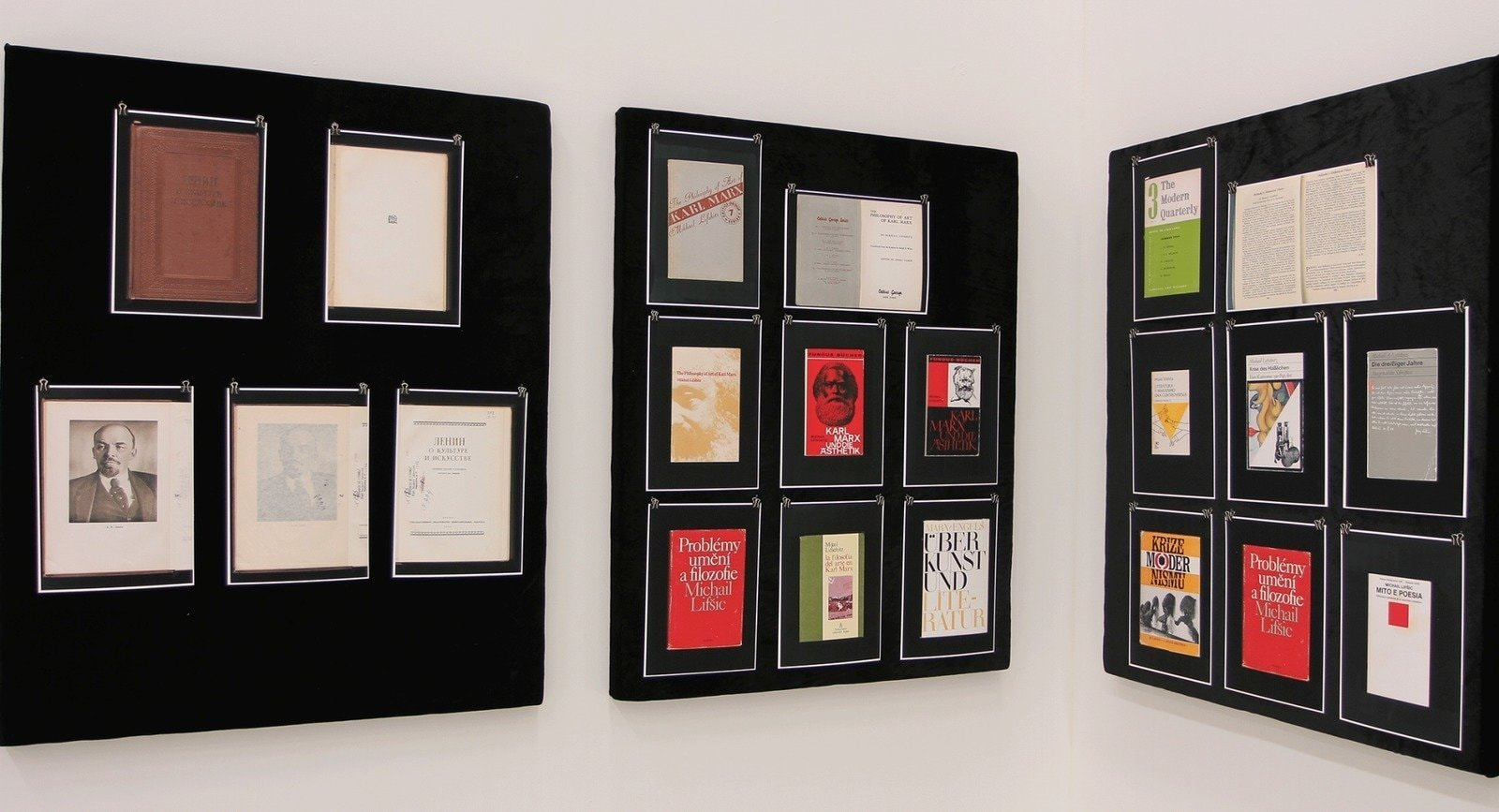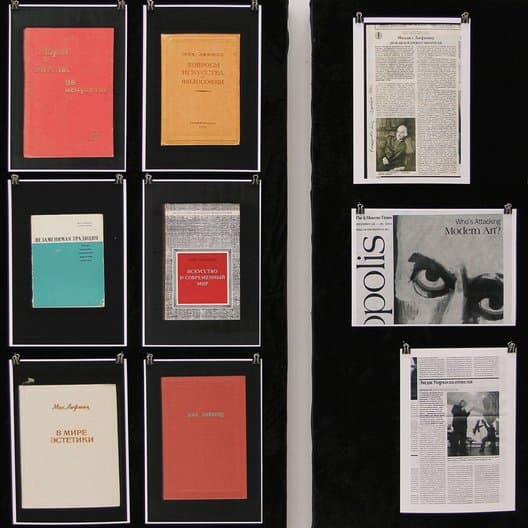The second event of the field research project If Our Soup Can Could Speak… Mikhail Lifshitz and the Soviet Sixties is dedicated to the philosopher’s groundbreaking research on the works of Karl Marx, and his discovery of their aesthetic dimension.
Most Russian readers know Mikhail Lifshitz for his anti-Modernist masterpiece The Crisis of Ugliness (1968). He is less known the groundbreaking work on Marx he began 40 years prior. Lifshitz was the first to read Marx and Engels “aesthetically,” and David Riff’s lecture introduces Lifshitz’s early discovery of Karl Marx’s hidden aesthetic philosophy through a close reading of one of the scholar’s first articles on the topic, On the Question of Marx’s Aesthetic Views (1927), which appeared in a Vkhutemas publication in 1927. In this lecture, Riff will elucidate Lifshitz’s position in relation to his avant-garde contemporaries and the later ascendence of Stalinism, showing how Lifshitz resisted both groups over the next four decades.
In Lifshitz’s view, the founders of Marxism were never merely political philosophers, scholars of economics, or co-inventors of a social science. Instead, their work always contained a philosophy of art that was crucial to the understanding of their work. Lifshitz set out to prove this claim while still a lecturer at the avant-garde art school Vkhutemas, and then as a researcher of the Marx-Engels Institute (1930-1933). With access to unpublished material, he worked assiduously to identify and systematize everything Marx and Engels ever said about art, literature, or theater. The result was the anthology Marx and Engels on Literature and Art (1937), accompanied by a volume of commentary, the first version of which was published in 1933 and translated into English in 1938. Lifshitz continued to refine this text, finally publishing an extended version in his Karl Marx. Art and the Social Ideal (1972). The consistent principles of Lifshitz’s conviction reflected back into his anti-Modernist writing. This lecture asks what Lifshitz’s conception could mean today, in the age of Modernism’s unquestionable victory.

